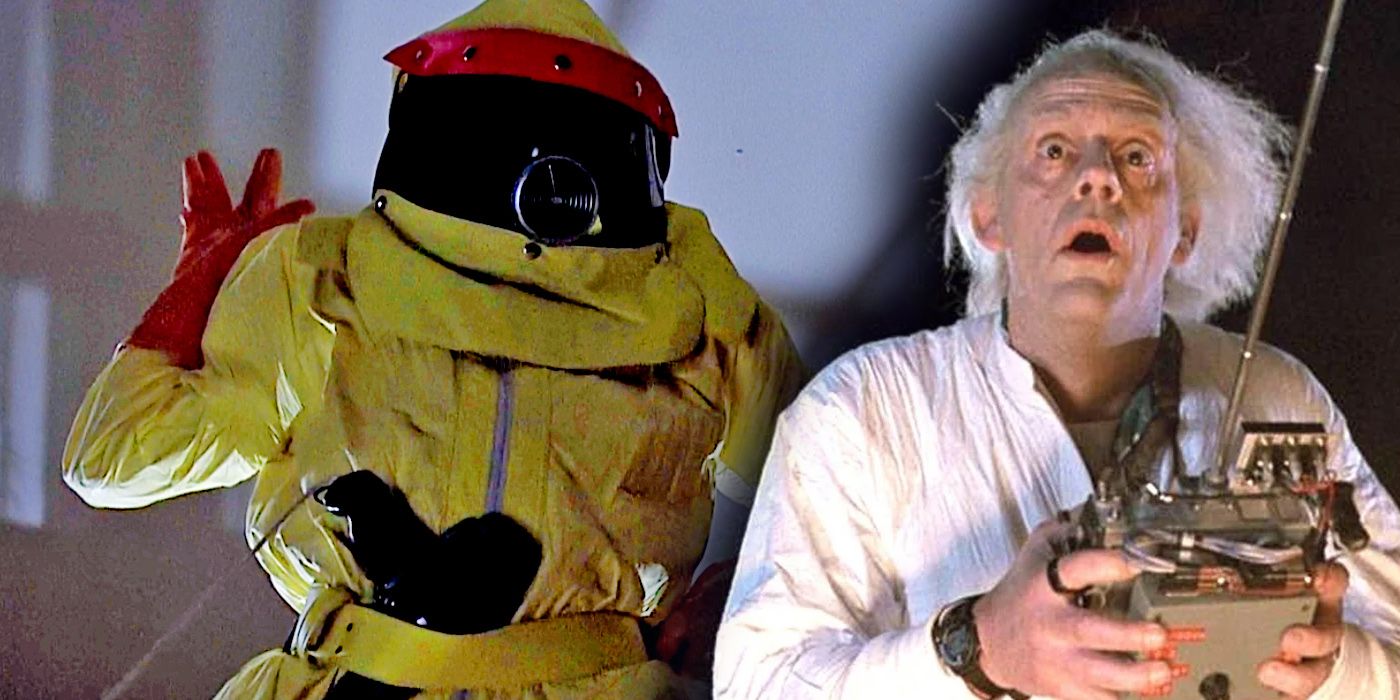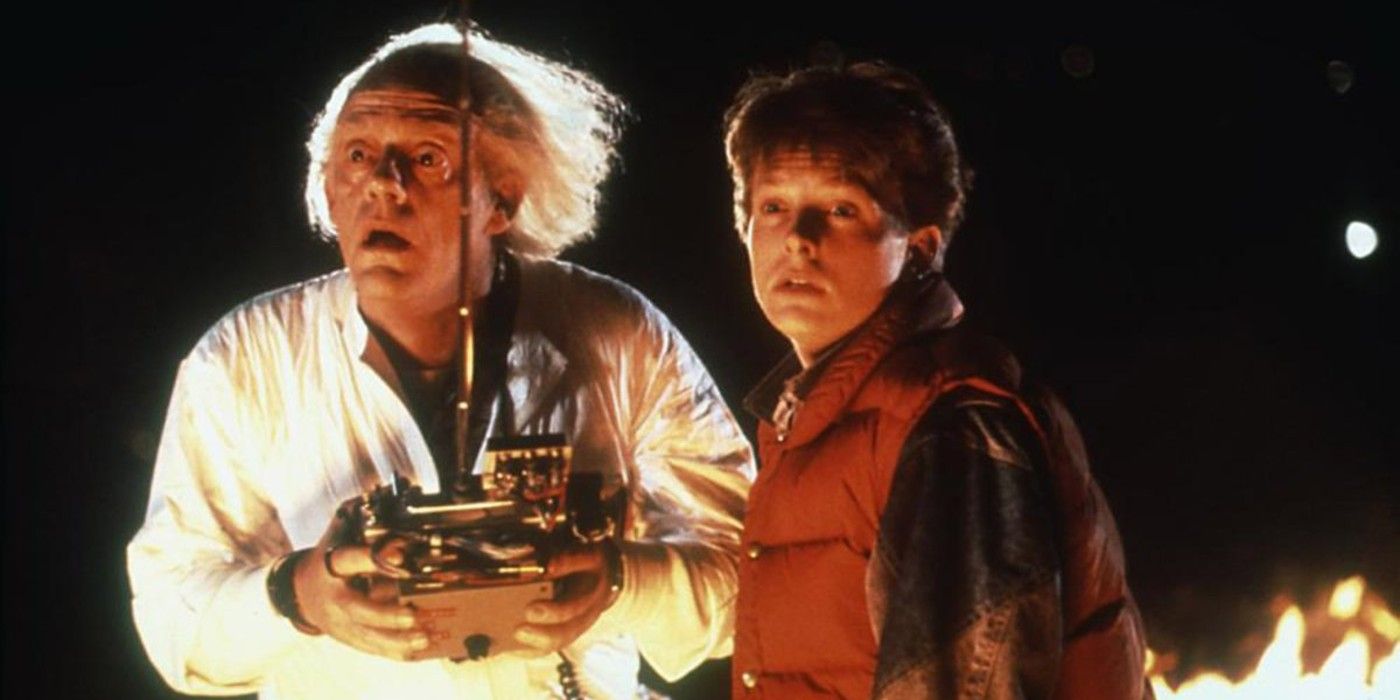Now widely regarded as a sci-fi classic, Back to the Future was almost called Space Man From Pluto, but that title was ultimately rejected. Many of the things that make Back to the Future great almost didn’t come to pass - from major casting decisions to the design of iconic props and even the title itself. Famously rejected by Disney for its implied incest, Back to the Future tells the story of Marty McFly, an '80s high-schooler who gets trapped in the 1950s after a science experiment gone wrong. He crosses paths with his parents and ultimately threatens his own birth when his then-teenage mother is attracted to him. It’s an excellent premise, executed brilliantly in the finished film, but the production went through many iterations on its journey to the big screen.
The biggest production change concerned the casting of Marty, played in the finished film (and the rest of the trilogy) by Michael J. Fox. It’s difficult to imagine anyone else in the lead role, with Fox’s portrayal highly praised by fans and critics alike, but the actor was originally forced to pass on the project, tied-up with sitcom Family Ties. The Head of Universal Studios, Sidney Sheinberg, insisted that the filmmakers cast Eric Stoltz, instead, and shooting commenced soon after. While Stoltz is a fine actor, filmmakers Robert Zemeckis, Bob Gale, and Steven Spielberg (among others) decided to let him go after reviewing early footage, agreeing that Stoltz’s performance was too serious and didn’t match the script's playful tone. Fox was subsequently cast, able to find a work-intensive loophole around his TV schedule, and became a massive star upon the film's release.
Sidney Sheinberg was also responsible for another cinematic “What if?” when, unsatisfied with the film's title, he suggested that Back to the Future be renamed and the script amended to fit. In 1984, Sheinberg sent a memo to the filmmakers (via Michael Klastorin's 2015 book Back to the Future: The Ultimate Visual History), stating that Back to the Future, as a title, appeared to “make the picture a ‘genre’ picture”, while Space Man From Pluto (his suggested title) had “heat” and “originality.” “Most importantly,” he emphasized, “I think it avoids the feeling of a ‘genre’ time-travel movie.” Concerned with Back to the Future’s time travel-themed title (surely befitting a film about that very subject?), Sheinberg suggested that they rename it to something that he, in the memo, readily admitted would “appear to the audience to be a cheap, old fashioned sci-fi flick.” His contradictory notes are pretty laughable now but left the filmmakers understandably baffled at the time.
While director Robert Zemeckis and writer/producer Bob Gale didn’t want to reject Sheinberg’s suggestions outright, they were unsure how to respond - disliking his approach but fearing the producer’s wrath. In an interview with Shortlist, Gale said that Steven Spielberg himself eventually intervened, sending Sheinberg a letter in response, craftily constructed to embarrass him into submission. The letter read: “Hi Sid, thanks for your most humorous memo, we all got a big laugh out of it, keep 'em coming.” Spielberg’s message had its desired effect, leaving Sheinberg too embarrassed to admit that his concerns were real, and the production forged ahead under its original title.
Sheinberg’s Space Man From Pluto idea brings to mind other almost-titles for now-classic movies that seem absolutely absurd in hindsight. Star Wars, for example, was originally called Journal of the Whills, Casablanca was almost Everybody Comes to Rick’s (which sounds like a French New Wave remake of the American film), and cult classic Snakes on a Plane was nearly the non-descript Pacific Air Flight 121 until star Samuel L. Jackson intervened. It’s pretty difficult to imagine a world wherein those clunky titles remained on the finished films. That said, while Space Man From Pluto is a bad Back to the Future title, it sounds like a fun project on its own.


